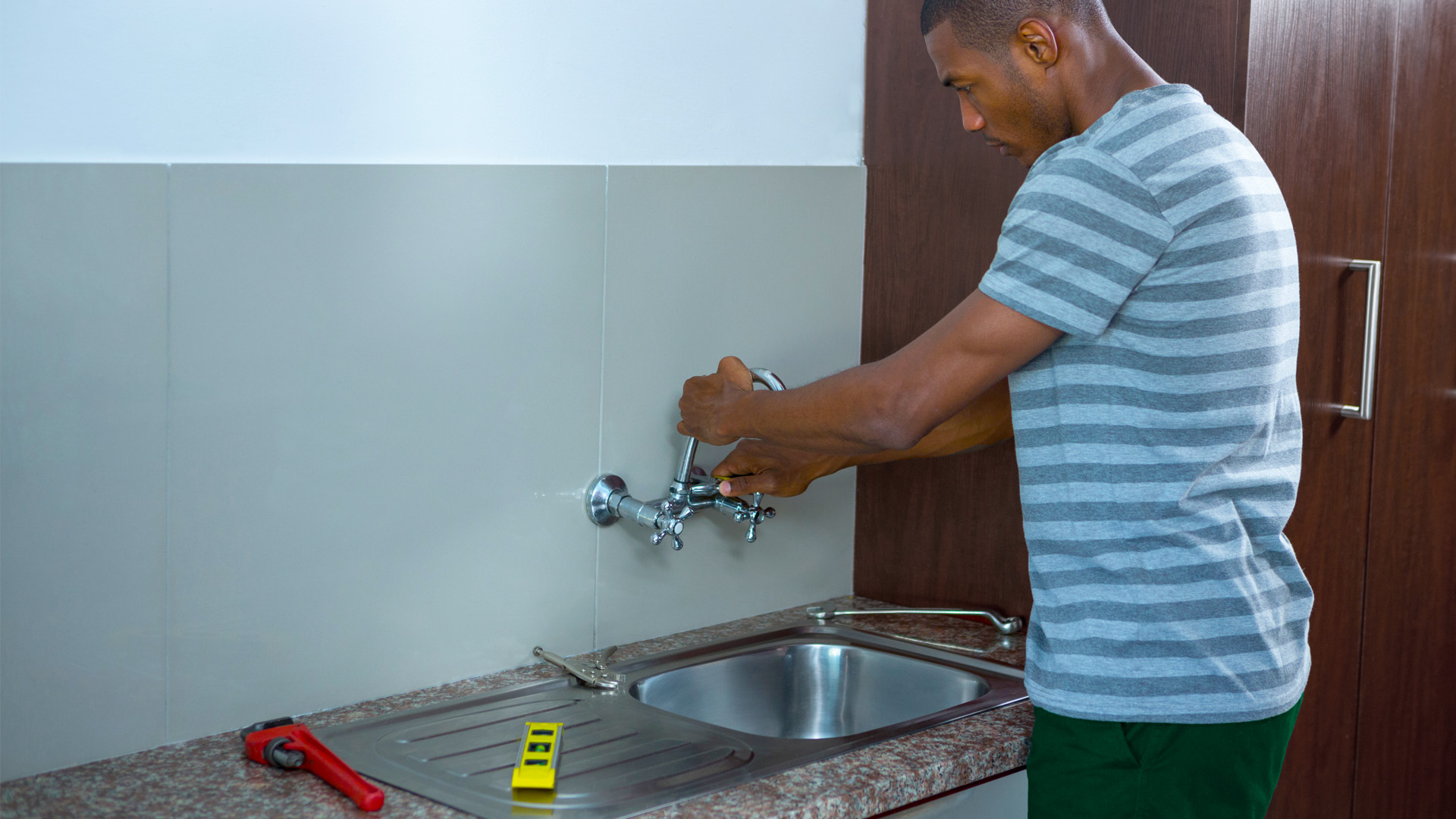YouTube content creator Sophia Carey says the past few years have taught her that money management is essential. Stuck at home during the global lockdown, like many other content creators, gig-economy workers and freelancers, she had to become extremely creative to generate regular income.
‘As freelancers, we often kind of live with this fear on a day-to-day basis anyway,’ she says. ‘The thoughts of what if my work dries up, what if I get ill, what if there’s a natural disaster that puts me out of work? And I guess, more recently, what if there’s a global pandemic?’
Youtubers, Instagram influencers and TikTok stars aren’t the only ones faced with the challenge of variable incomes. Many others are in the same boat: entrepreneurs and small-business owners in the hospitality and tourism sectors, artists and entertainers, and self-employed professionals like carpenters, architects, plumbers, estate agents, electricians and landscapers, among others. Freelancers of all kinds find it difficult to keep cash flow consistent when the world is in turmoil.
Take control of your finances
What can you do if your income fluctuates? It starts with taking control of your finances – and partnering with a bank that caters to the cash flow challenges of self-employed clients. If you qualify for an overdraft, it can help tremendously. ‘When you’re paid as a freelancer, your money’s going to come in dribs and drabs,’ Carey says. ‘It’s also never guaranteed that your money’s going to come in at all. A lot of the time I spend chasing invoices or following up on late payments. The thing is, our personal expenses and our business expenses don’t stop because we’re waiting for clients to pay us.’
As a freelancer, you need to be even more vigilant and proactive than a salaried employee when managing your finances. Separate your business and personal spending. Create a budget, so you can work out the minimum income you need every month to cover your essential expenses. Pay those expenses strictly in the order they’re due, on the due dates. Use digital payment options to make it easier for clients to pay you and for you to follow up on unpaid invoices. Don’t waste money on unnecessary banking fees when there are options that cost less available.
Use the ‘envelope’ system to divide up your income
Carey keeps control of her cash flow by using her bank accounts as a high-tech version of the traditional ‘envelope’ system used by previous generations to divide cash wages into separate envelopes for different expenses throughout the month.
‘I use a banking service that allows me to create pots that I can label for various circumstances,’ Carey says. ‘I keep enough in my main account for monthly payments, but I put money away in each pot for various things. One pot is an emergency savings pot. One pot helps me save for future creative projects. I can also create a pot to save money for a holiday or new creative gear.’
Keep your money at a bank that allows you to open different ‘savings pots’ without extra costs. Nedbank offers MyPocket, which allows you to open up to 10 different savings pockets linked to your Nedbank transactional account. There are no monthly fees, and you earn interest on your savings.
Take advantage of any discounts, cashback or rewards programmes offered by any of your bank or store cards
You can set up MyPocket on the Money app or Online Banking and transfer money from your main account to a pocket, or from the pocket to your account, whenever you like.
Different pockets to manage your freelance income could include...
Essential monthly expenses Your rent or home loan, vehicle loan and other debt payments, as well as the amount you need for food, electricity, water, transport, data and airtime every month.
Emergency fund Money you keep on hand in case you are hit with urgent, unexpected expenses.
Insurance Your monthly insurance premiums on your home and possessions, as well as medical aid and life insurance.
Retirement and investments No matter how much or how little you can afford, investing to build wealth and prepare for a comfortable retirement is a debt you owe to yourself.
Career investment Save money to upgrade and grow your business. From time to time, a photographer will have to upgrade cameras, lighting and lenses, a digital designer will need to buy new software or take new certification courses, an artist will need new materials or machinery, etc.
Money for fun The first 5 ideas on this list should be your priorities, because those are the expenses you need to pay to build a stable financial future. In the lean months that every freelancer experiences, you must make certain that these costs are covered before you spend anything on fun. But once you’ve paid those expenses, you deserve to be able to treat yourself and your family. You’ll be able to manage that more regularly if you keep a savings pocket for holidays, travel, birthdays and other family treats, and top it up whenever possible.
Pay yourself the salary you deserve
Another way to manage money better as a freelancer is to pay yourself a regular salary. This makes it easier to separate your personal and business spending. All your freelance income is then paid into your business account, from which you pay your salary into your personal account. Any business expenses, asset purchases and investments can be paid from your business accounts, while you pay personal living expenses, insurance, investments and family leisure activities from your personal accounts, budgeting according to your salary.
Keeping your business and personal finances separate is a good start to establishing your freelance business as a distinct brand, so that investing part of the profits back in the business becomes as important as using part of the profits to enjoy your lifestyle.
Take advantage of every opportunity to save money
The biggest drawback of any type of freelance career is, ironically, also one of its attractions: its irregular nature. It’s great to be able to work whatever hours you like, or the days you like, and be able to plan your own schedule of time off and holidays. But you also live on a seesaw of ‘feast or famine’ – you simply never know when work might dry up for a while.
That obviously makes an emergency fund a top priority, but once you have at least 3 months’ salary saved in that fund, you can start putting that monthly contribution into medium- or long-term investments that will grow your money faster instead, building extra long-term security.
You’ll have even more to save if you take every opportunity to spend less, too. Take advantage of any discounts, cashback or rewards programmes offered by any of your bank or store cards when you shop. If you’re a Nedbank client, be sure to register for Greenbacks on all your qualifying accounts. You can earn Greenbacks every time you use your card for qualifying purchases, and you can use Greenbacks to shop online or in-store with a Greenbacks SHOP Card. You can also pay your bank fees with Greenbacks or convert them to cash to spend as you like.
Keep your eyes open for vouchers, promotions and discounts whenever you shop – chain stores advertise specials every week, and discounts are often bigger if you have a store card. Discounts and promotions are also a regular feature of online shopping platforms like Avo SuperShop – and you can even pay for your bargains in Greenbacks converted to Avo Points.
Find out more about investing for the short, medium and long term. Or see your banking options as a freelance business owner with Small Business Services from Nedbank.








